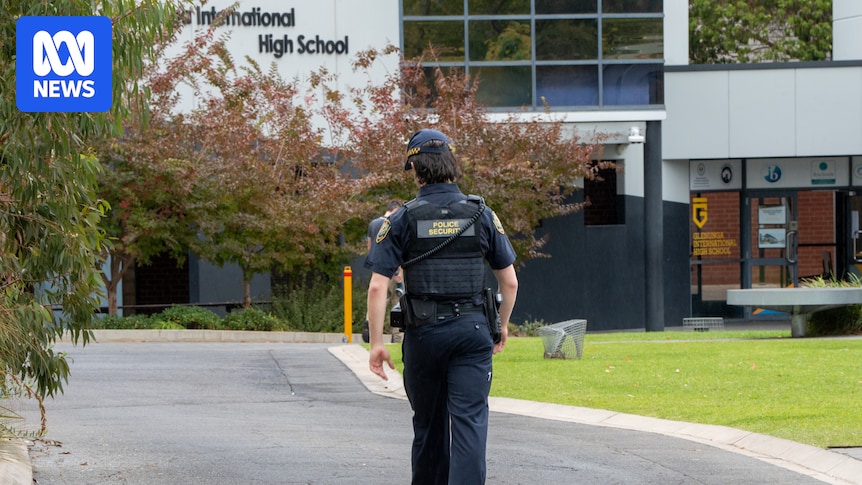A teenager charged with making repeated violent threats against a school — and other serious offences including blackmail — has been granted home detention bail by South Australia’s Supreme Court.
The 18-year-old, who cannot be identified, was charged in May over alleged threats to use explosives and food poisons to target public events and the Glenunga International High School.
The Adelaide Magistrates Court previously heard the alleged threats — some of which the ABC has chosen not to detail — were made against the school’s staff and students.
It heard the teen allegedly sent 13 emails to the school between November 19, 2024, and February 4 this year.
It is alleged the threats included to make bombs to target events such as the Adelaide Fringe Festival and the AFL Gather Round, as well as to the Jewish community.
A police prosecutor previously told the court “the sender nominated himself as being the prophet of justice and a hero to cleanse and renew the corrupted institution known publicly as the Glenunga High School”.
The teenager, who cannot be identified, was arrested on May 15 and charged with offences including blackmail and making repeated violent threats. (Glenunga International High School)
“He also said there were two futures that could happen, a ‘physical attack violent future’ or a ‘future without a physical attack/non-violent future’,” she said.
The court previously heard the teenager had been experimenting with a homemade explosive and also allegedly claimed to be conducting experiments with poison that he planned to inject into a variety of foods.
The prosecution did not oppose the bail application but said the “potential risk to the community” remained and that conditions would need to be imposed to mitigate that risk.
The teen had been in custody since his arrest in May.
A bail surety of $5,000 was also required to be paid by the defendant’s parents.
Acting Chief Justice Mark Livesey granted home detention bail on strict conditions, which included to stay with his parents, not to leave home except for medical appointments, and to have ongoing electronic monitoring.

